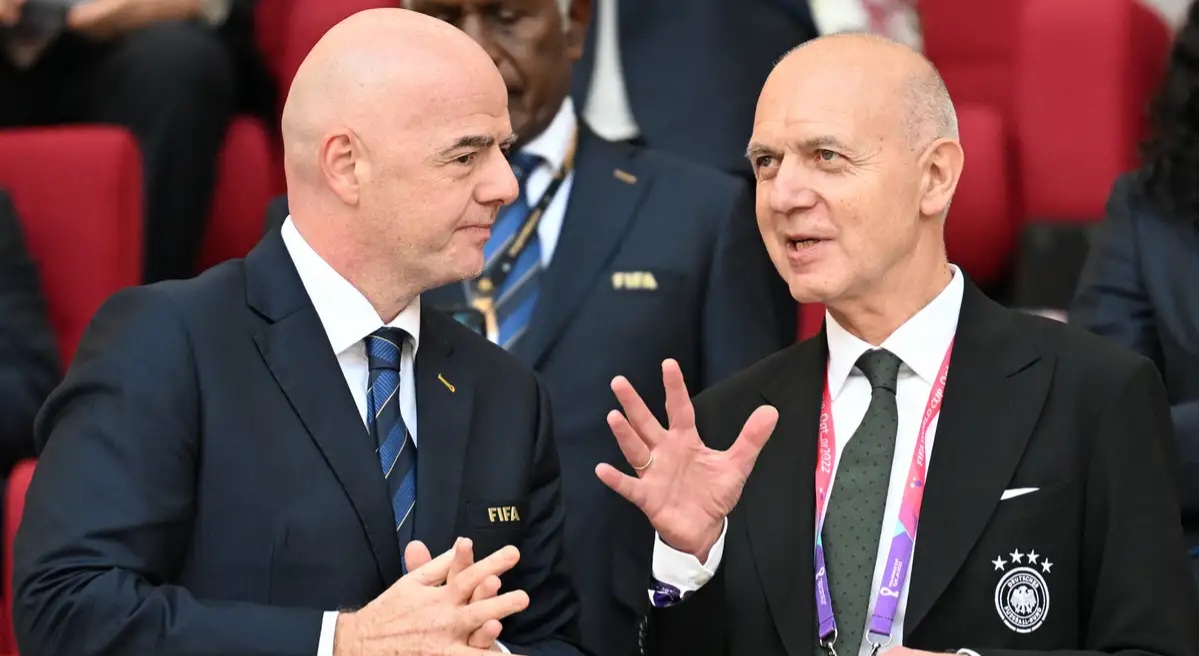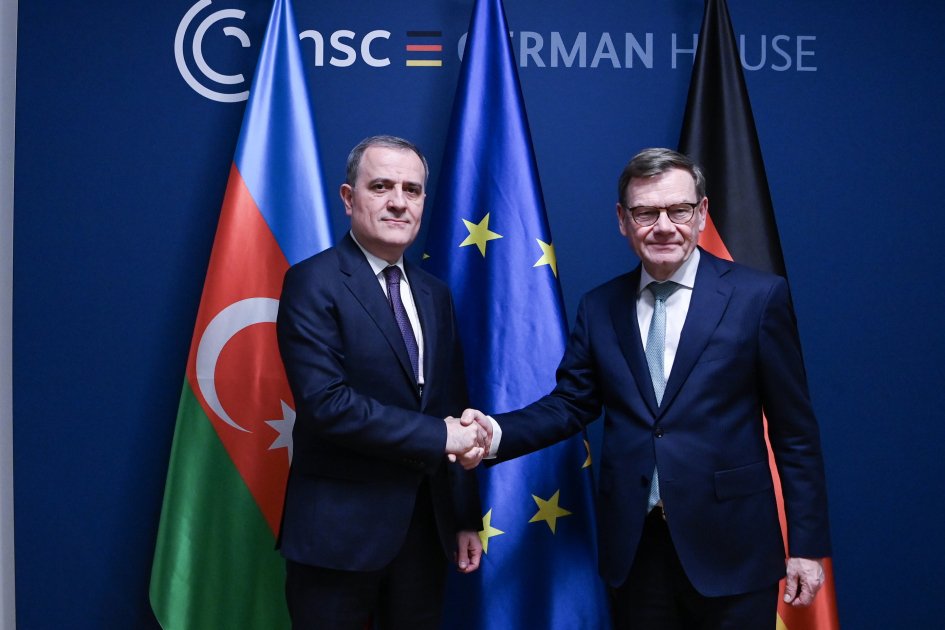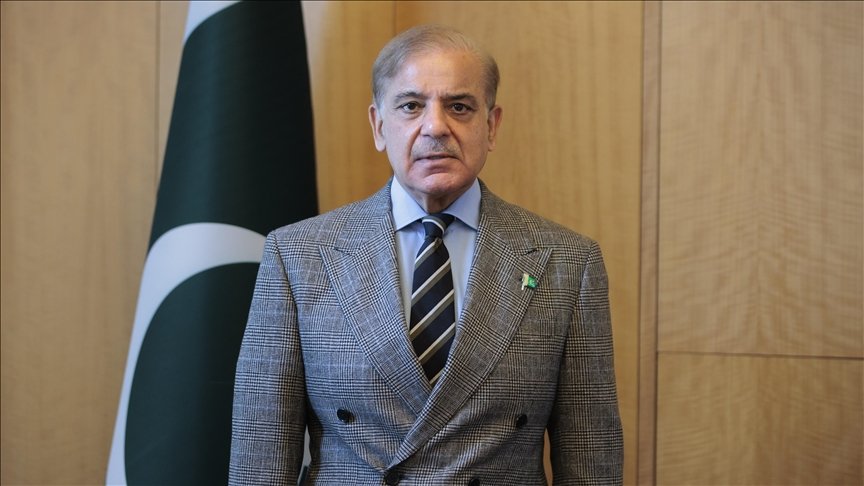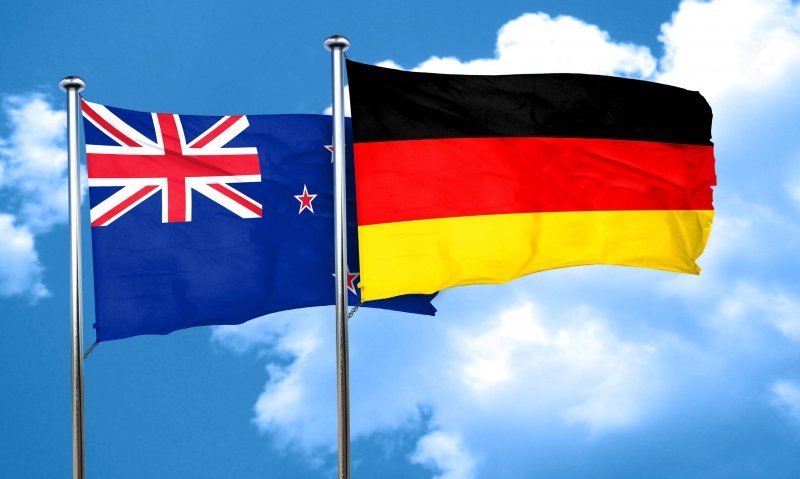Berlin, December 7, 2024 – The Europe Today: Germany’s DFB Football Association has unanimously endorsed Saudi Arabia’s bid to host the 2034 FIFA World Cup, signaling its full support during a decisive meeting. DFB President Bernd Neuendorf confirmed the decision on Friday, stating, “There was not a single vote that said we were on the wrong track here. The decision is supported by the entire association.”
This endorsement also reflects Germany’s approval of the 2030 FIFA World Cup being jointly hosted by Morocco, Spain, and Portugal, with additional matches in Argentina, Paraguay, and Uruguay. These were the only bids presented for both tournaments, leaving the DFB with the choice to abstain or vote against both—an option that Neuendorf described as politically challenging.
Neuendorf explained that voting against the bids would have isolated Germany within FIFA. He emphasized the importance of collaboration with FIFA to address human rights and sustainability issues in Saudi Arabia, acknowledging the kingdom’s human rights record as “critical.” He added, “We must work with FIFA to improve the situation in Saudi Arabia. This is not something we gloss over.”
Fan Groups and Human Rights Concerns
While the DFB leadership framed its decision as pragmatic, it has faced backlash from fan groups and human rights advocates. Fairness United, a German fan organization, strongly criticized the decision, stating, “It contradicts all ethical principles of sport to select such a country to host the World Cup. FIFA’s decision is based solely on the logic of profit and corruption, making a mockery of its own commitment to human rights and sustainability.”
A report released by Human Rights Watch this week condemned Saudi Arabia’s treatment of its 13.4 million migrant workers, highlighting poor working conditions and pervasive human rights violations. The report also criticized the kingdom’s ongoing repression of women, LGBTQ+ individuals, and minorities. It warned that the 2034 World Cup risks being “stained” by these issues.
Despite these concerns, Neuendorf argued that rejecting Saudi Arabia’s bid would have amounted to “pure symbolic politics.” He noted that Saudi Arabia is heavily invested in sports and that European perspectives on the kingdom’s human rights record are not universally shared.
Balancing Sports and Ethics
Neuendorf’s comments underline the tension between sports diplomacy and ethical considerations. He expressed Germany’s intent to remain engaged with FIFA and Saudi Arabia, balancing the demands of international football with broader concerns about human rights and sustainability.
The decision comes as FIFA prepares to officially award the 2030 and 2034 tournaments on December 11, amidst ongoing debates about the future direction of global football and its commitment to ethical standards.














